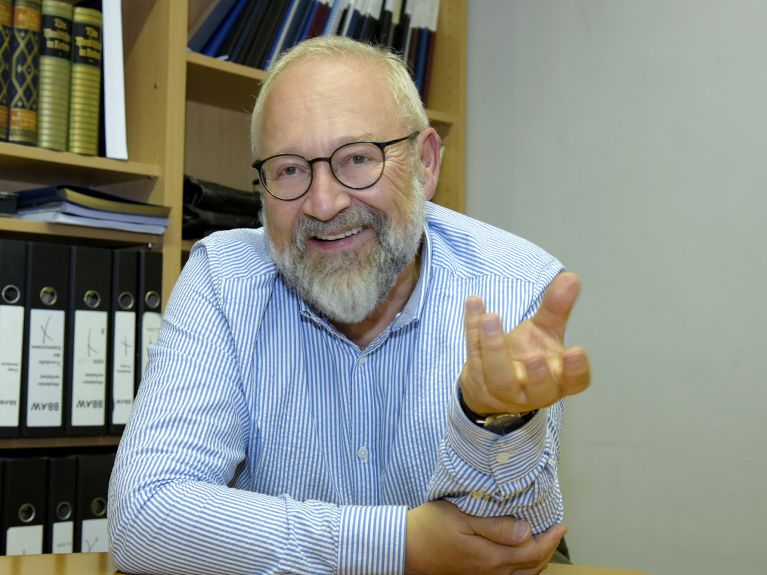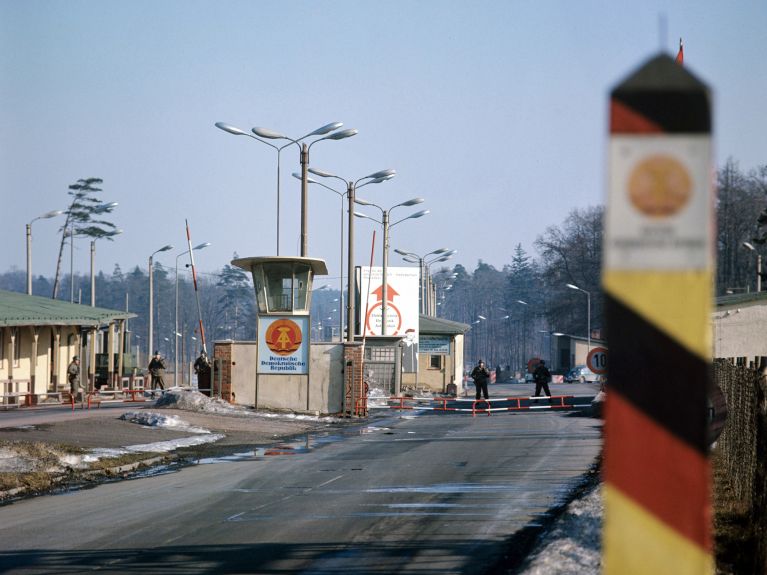Germany without the Wall
Taking stock: many things have normalised in the last 35 years, but differences still remain.

In the euphoria of the first few months after the fall of the inner-German border most observers imagined that the integration of the two states and their economic systems would be easier that it actually turned out to be. It has become a long and arduous path, whose end united Germany has not yet reached. Initially the economic difficulties of unification were underestimated because people thought the economic strength of the GDR was very much higher than it actually was. Afterwards not enough attention was paid to the deep mark that the GDR system had made on people’s attitudes, and once the magic of the new beginning had faded away, strong feelings of nostalgia became widespread among the population. No answer has yet been found to the dissatisfaction many people feel because of the devaluation of their lifetime achievements that occurred after the collapse of the GDR. Now, 36 years after the fall of the Wall, the material problems of integration have been largely resolved; the differences in social attitudes and political culture have remained.

This will probably have to be accepted for some time, if not for ever; after all, considerable differences also exist in the political attitudes of south and north Germans in the old German states (and existed in the old Federal Republic). In that sense, the east Germans have joined them as another group with a third mindset. In any event, this is the picture presented by a less dramatic view of reunified Germany, one that does not stare transfixed at the east-west differences constantly highlighted by the pollsters. Germany was late in setting out on the path to becoming a nation state and has therefore always been a country with strong regional characteristics. That will not change in the immediate future.
Germany has always been a country with strong regional characteristics
Although east Germans have added a migration-critical, sometimes xenophobic, largely anti-Islamic element to the Germans’ range of opinions and electoral behaviour, this by no means places Germany in a special position in Europe; in fact, it could be said that the Germans, when it comes to their predisposition for right-wing populist parties and movements, are within the bounds of the overall European trend – with the specific feature that the right-wing populists here have not managed to enter government at any level. Germany has become a normal country within the European context, also with regard to a reduction in political stability and the greater difficulties in forming a government that are to be expected in the future.

What has significantly changed, however, is Germany’s economic weight and political responsibility within the European Union. While France, Italy and the United Kingdom used to be roughly equal to the old Federal Republic in economic and demographic terms, this has changed considerably since 1990: Germany is now by far the most populous member state in the EU and has by far the greatest economic strength. The Federal Government has shown restraint in using the increased influence this has brought, and it has tended to interpret its new role more as one of increased responsibility than as one of greater power. That is also how the situation will probably remain for the foreseeable future – even if a stronger engagement of Germany in European foreign and security policy, which many have called for, is actually realised in coming years.
The author: Professor Dr Herfried Münkler is one of Germany’s most influential political scientists. Before his retirement in October 2018 he taught at Humboldt-Universität in Berlin.
You would like to receive regular information about Germany?
Subscribe here:


